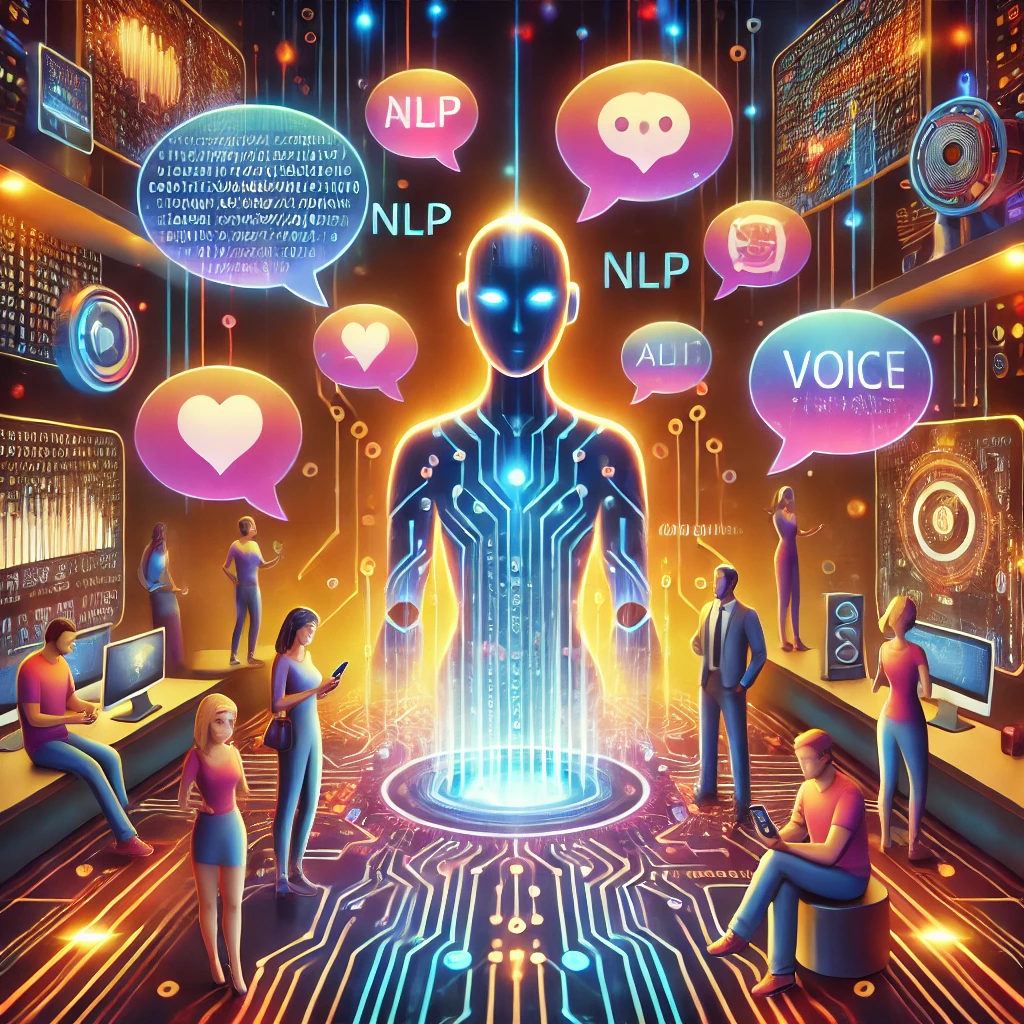What is knowledge base for AI-POWERED voice agents

The knowledge base is a core content for artificial intelligence voice agents. It will determine the quality of the conversation and the final conclusion of the conversation, such as order generation and appointment booking.
Developing a robust knowledge base is essential for the effectiveness of AI-powered voice agents, as it enables them to provide accurate and contextually relevant responses. Here are key considerations and best practices for creating such a knowledge base:
1. Structuring and Organizing Content
-
Hierarchical Arrangement: Organize information in a clear hierarchy, starting with broad categories that narrow down into specific topics. This structure facilitates efficient information retrieval.
-
Consistent Formatting: Maintain uniform formatting across all documents to enhance readability and ensure that the AI agent can parse and interpret the information correctly.
2. Writing Effective Article Content
-
Clarity and Conciseness: Use straightforward language to convey information succinctly, avoiding unnecessary jargon that could confuse users or the AI agent.
-
Topic-Focused Segmentation: Divide extensive documents into smaller, focused articles, each addressing a specific topic or question. This approach improves the AI's ability to provide precise answers.
3. Enhancing Answer Quality
-
Regular Updates: Keep the knowledge base current by routinely updating articles to reflect new information, policies, or procedures.
-
Quality Assurance: Implement a review process to ensure the accuracy and relevance of the content, which is crucial for maintaining user trust.
4. Leveraging AI Capabilities
-
Natural Language Processing (NLP): Utilize NLP to enable the AI agent to understand and process user queries effectively, even when phrased in various ways.
-
Machine Learning Integration: Incorporate machine learning algorithms that allow the AI to learn from user interactions, thereby continuously improving its responses over time.
5. Analytics and Continuous Improvement
-
User Interaction Analysis: Monitor how users interact with the AI agent to identify common queries and areas where the knowledge base may need expansion or refinement.
-
Feedback Mechanisms: Establish channels for users to provide feedback on the AI's responses, using this input to make necessary adjustments and enhancements.
By adhering to these best practices, we can develop a comprehensive and dynamic knowledge base that significantly enhances the performance of AI-powered voice agents, leading to improved your customer satisfaction and engagement.
At OKAI CANADA, we will build a unique knowledge base for each customer, this will enable AI to provide more intelligent conversations like humans, understand semantics, and provide more precise conversations based on the characteristics of your business.
Recent posts
- What is knowledge base for AI-POWERED voice agents
- Knowledge Base for an Acupuncture Clinic Sample
- Knowledge Base for a Dental Clinic Sample
- Knowledge Base for a Law Firm Sample
- Knowledge Base for a Massage Therapy clinic Sample
- Knowledge Base for a Real Estate Brokerage Sample
- Knowledge Base for a City Service Sample
- Knowledge Base for General Customer Service Sample
- Knowledge base for a Restaurant Sample
- Knowledge Base for a Self-Employed Plumber Sample
- Knowledge Base for a Self-Employed Electrician Sample
- Knowledge base for an Insurance Broker Sample
